The Anambra State Government has ordered the immediate closure of the New Auto Spare Parts Association Market, Nkwo Nnewi, over what it described as poor compliance with the directive suspending the Monday sit-at-home in the state.
The decision, announced on Monday, will see the market shut from midnight, February 23, 2026, until March 2, 2026.
Commissioner for Information, Dr Law Mefor, said in a statement that the action followed what the government termed inadequate adherence to Governor Chukwuma Charles Soludo’s order ending the controversial Monday sit-at-home across the state.
According to the statement, normal commercial and social activities had resumed in most parts of the state on Mondays after the governor’s directive issued in late January.
“The government has directed the immediate closure of the New Auto Spare Parts Association Market, Nkwo Nnewi, due to poor compliance with the suspension of the Monday sit-at-home,” the statement read in part.
The order to seal the market was conveyed on behalf of the governor by the Special Adviser on Trade and Markets, Chief Evarist Uba; the Special Adviser on Security, AVM Ben Chiobi (retd.); and the Mayor of Nnewi, Hon Echezona Anazodo.
The government advised traders and customers to stay away from the market during the one-week closure to avoid confrontation with security agencies.
It further warned that the market could face a prolonged shutdown if compliance remains unsatisfactory after it reopens.
The development has sparked apprehension among traders in the commercial hub of Nnewi, widely regarded as a major centre for auto spare parts business in the South-East.
The state government reiterated its resolve to enforce full compliance with its directive, stressing that the era of forced or voluntary sit-at-home on Mondays had ended in Anambra.
Do you want to share a story with us? Do you want to advertise with us? Do you need publicity for a product, service, or event? Contact us on WhatsApp +2348183319097 Email: platformtimes@gmail.com
We are committed to impactful investigative journalism for human interest and social justice. Your donation will help us tell more stories. Kindly donate any amount HERE



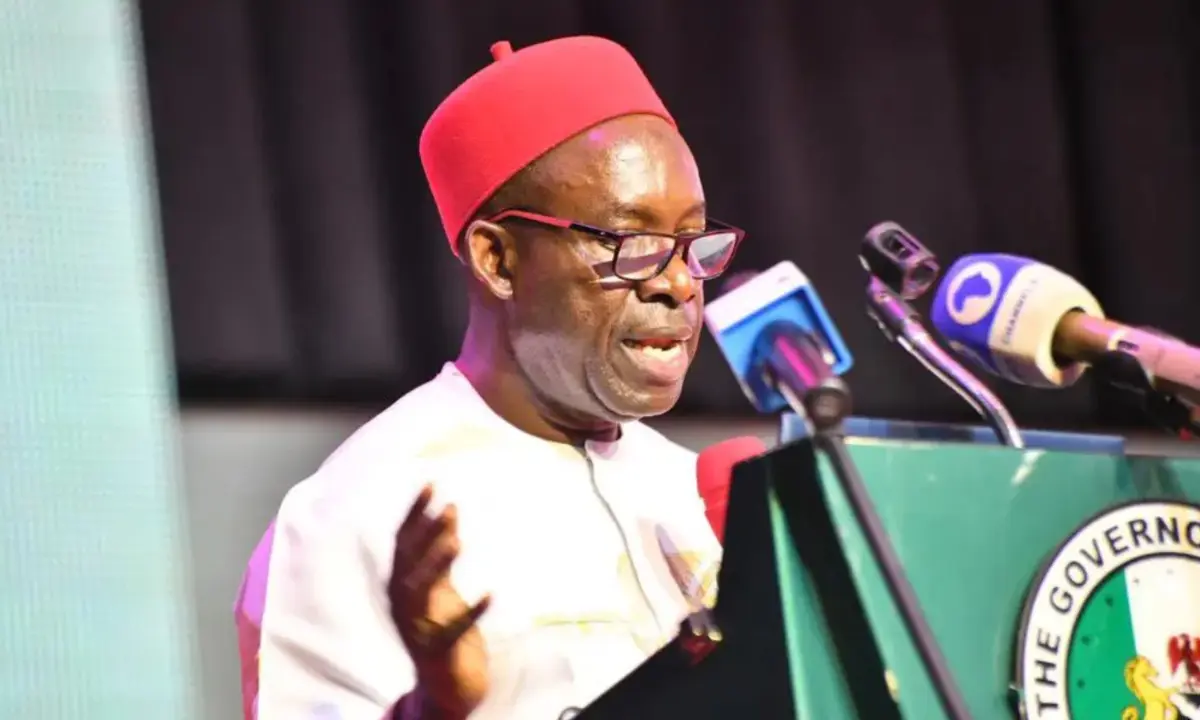





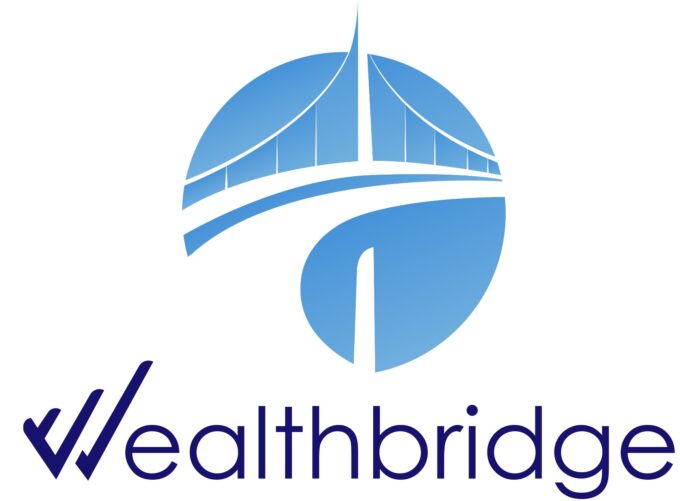


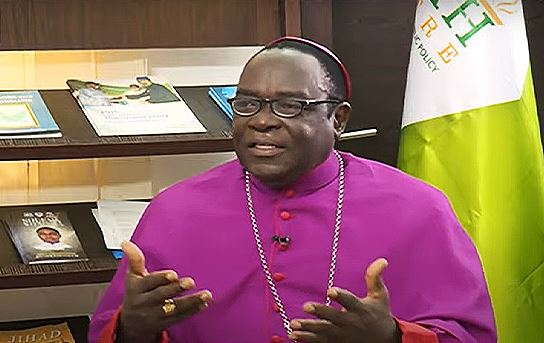

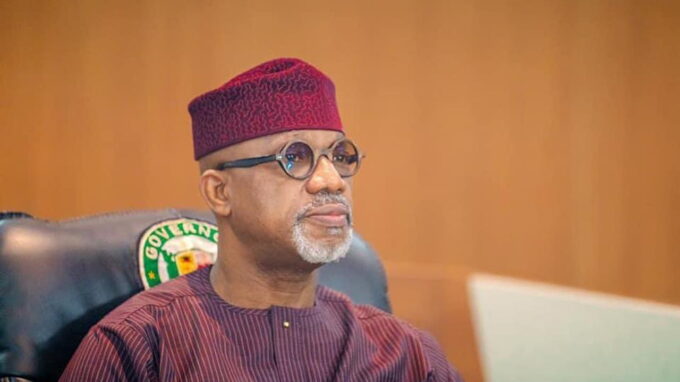
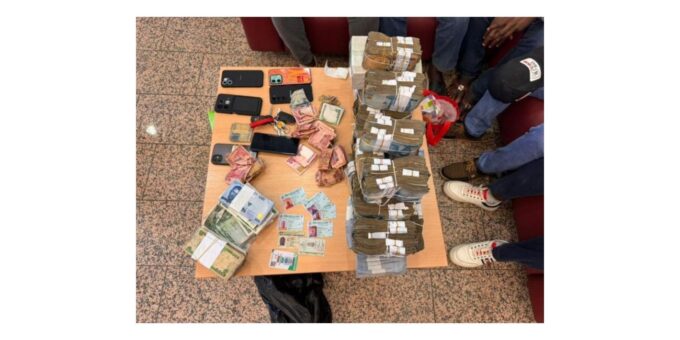



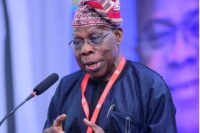
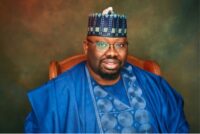
Leave a comment